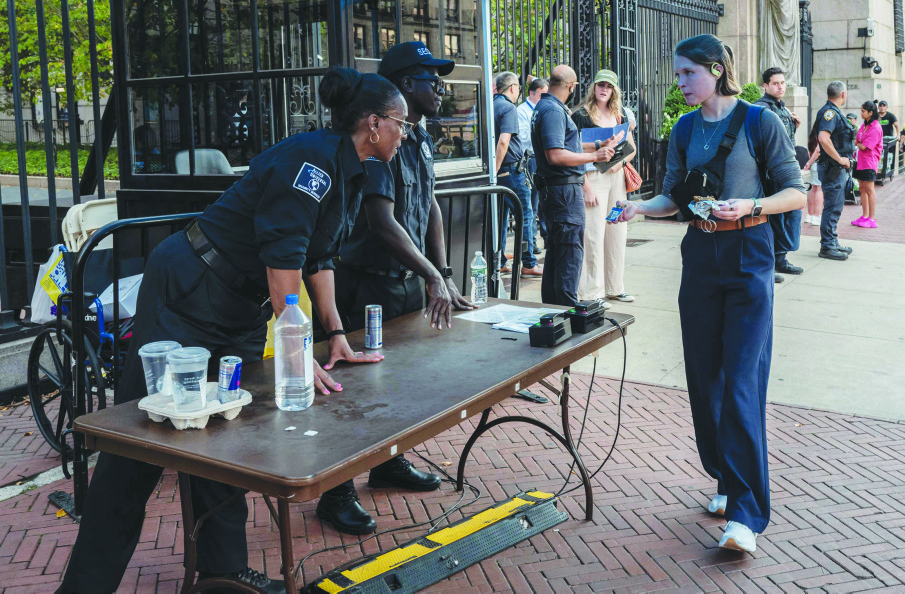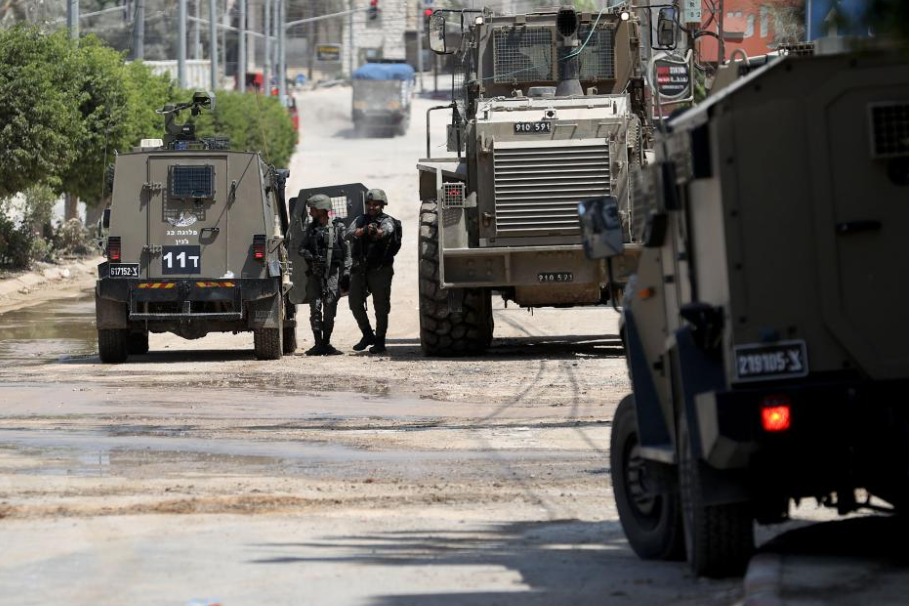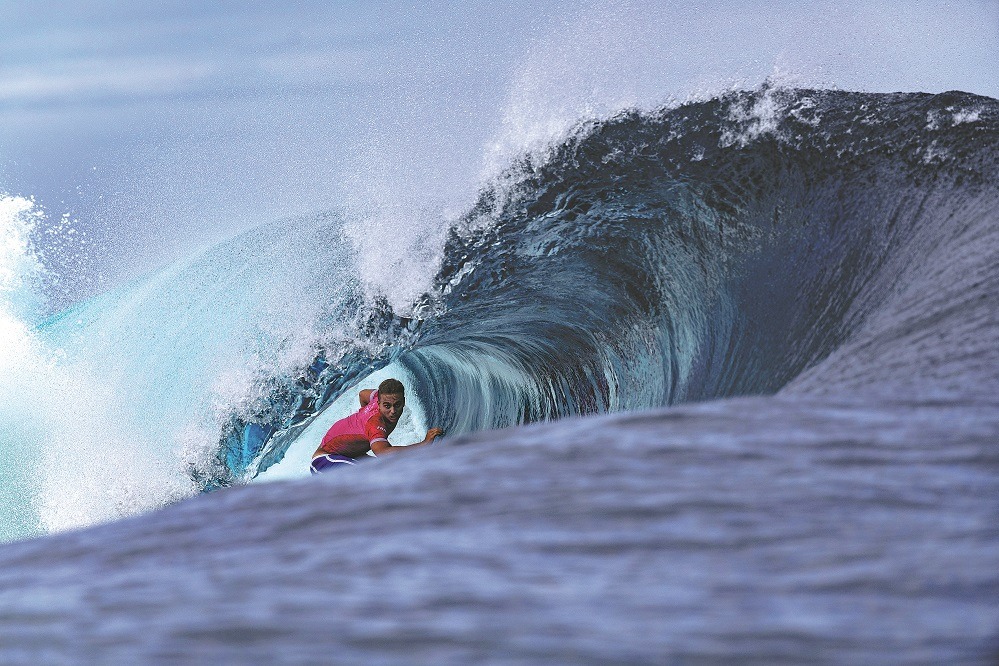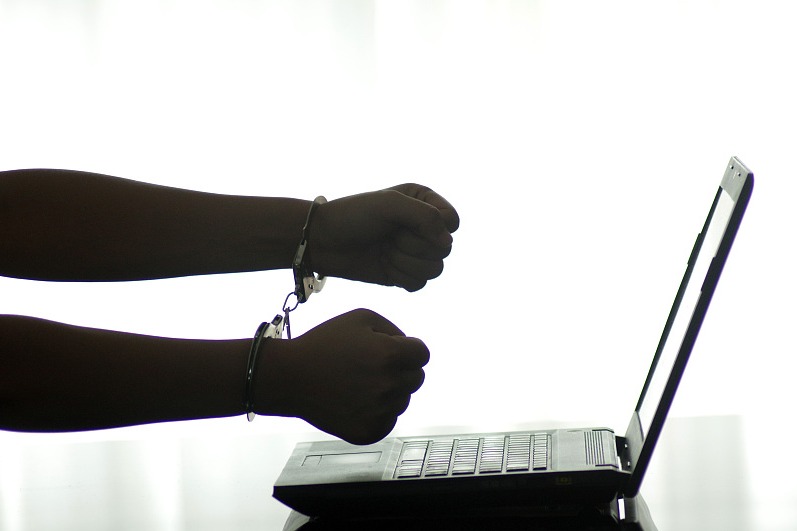US colleges revise rules over fears of more Gaza protests


Universities and colleges across the United States have revised their codes of conduct for students as they reopen in the wake of nationwide protests on campuses over the Palestine-Israel conflict.
Officials at Columbia University in New York, where the protests began earlier this year with an encampment on the campus, said changes, updates and revisions to rules are in the works, but the university has not yet released all the details.
New rule changes are also being implemented by the University of Pennsylvania, the University of California, the University of Denver, Indiana University and Harvard University, among others.
University and college presidents and administrators have issued the stricter guidelines ahead of the one-year anniversary of Hamas' Oct 7 attack in Israel, in which more than 1,100 people were killed and more than 200 taken hostage, according to Israel's Foreign Ministry.
The health ministry in Hamas-run Gaza said on Wednesday at least 40,534 people have been killed in Israel's retaliatory assault.
Many educational institutions spent the summer talking to lawyers and staff members and revising their policies. Some now require undergraduates to attend classes on free speech, antisemitism and hatred. Most schools have not been explicit about the consequences students face if they break the rules.
Kendall Easley, a spokeswoman for Columbia University, told China Daily, "University leadership takes its responsibility for the safety and well-being of the entire university community seriously", and over the summer, the university had "learned lessons" and was planning for the next academic year.
She added that they "seek to strengthen the skills and training in de-escalation techniques, expand the ability to manage a range of incidents while taking into account that Columbia does not have its own police force, as many other institutions have, and potentially reducing our reliance on the New York Police Department".
Katrina Armstrong, who was named Columbia's interim president after Minouche Shafik resigned on Aug 14, said in a letter that security changes will be released soon to provide guidance. The newly created Office of Institutional Equity will handle any complaints of discrimination.
The school's new term starts on Sept 3. Over the summer, Columbia students organized courthouse demonstrations to support those facing criminal charges from the protests.
Of the 40 students arrested or disciplined when the university called police to the campus on April 18, only two remain suspended, according to a US congressional panel, Reuters reported.
Of the 80 students arrested between April 29 and May 1, only five face interim suspension without access to the campus.
Activism to go on
Mahmoud Khalil, a student negotiator for the main protest movement, Columbia University's Apartheid Divest, said students "will continue their activism and actions until Columbia divests from Israeli apartheid".
Amid the rule changes, the American Association of University Professors said colleges have "hastily enacted overly restrictive policies", arguing they "impose severe limits on speech and assembly that discourage or shut down freedom of expression".
The updated guidelines for students come after three Ivy League presidents resigned over their disastrous congressional hearings on antisemitism on campus, where they were roundly criticized by Republican lawmakers. Two others also left their posts.
The University of Pennsylvania, whose president, Liz Magill, resigned in December, installed temporary standards that require students to get approval two weeks before holding any event in a public space and banned encampments and demonstrations.
At the University of Denver, any encampments are banned, while Indiana University students must gain permission before they hang signs from buildings and flagpoles. Protesters are not allowed to use semipermanent or permanent paint, markers or stickers on lampposts and signs.
Michael Drake, president of the University of California, asked chancellors at all 10 campuses to strictly enforce rules against protests and encampments.
Agencies contributed to this story.

































